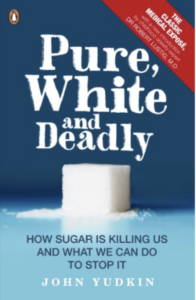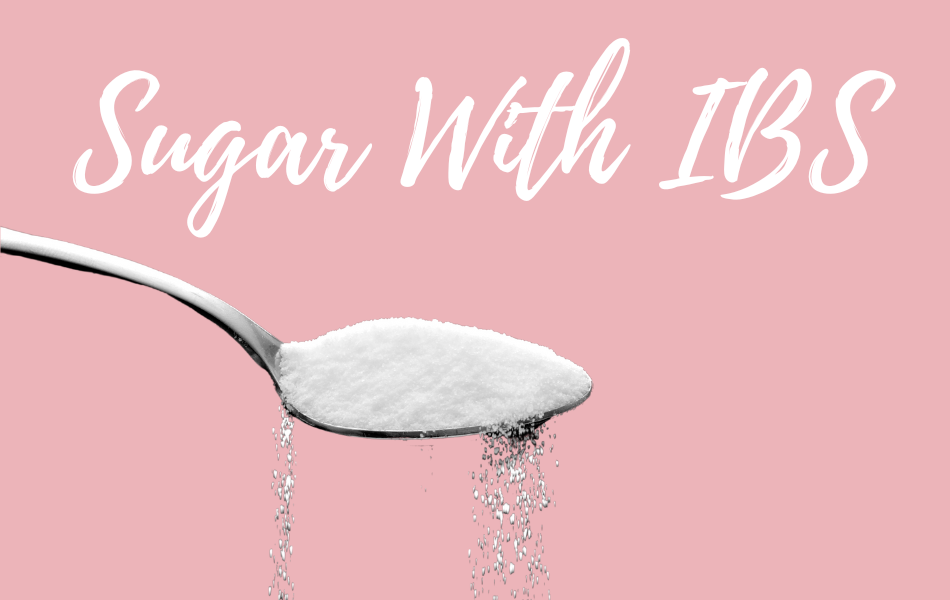Sugar Is More Addictive Than Cocaine—Yes, Really!
Sugar is one of the greatest cons of the 20th and 21st centuries. It’s pushed on us from every direction, making it no surprise that so many people struggle with their health. The reality is, sugar is far more dangerous than most realise—it’s not just about rotten teeth. It’s inflammatory, acidic, and is a major contributor to your IBS symptoms.
The Hidden Danger in Our Diets
The human race survived for thousands of years without sugar, which goes to show just how unnecessary it is for survival. Yet, today, sugar is present in 80% of our food, contributing to a range of diseases including cancer, obesity, diabetes, heart disease, and various gut health disorders. The most alarming part? It’s highly addictive—many studies suggest it’s more addictive than cocaine.
The Truth About “Low-Fat” and “Low-Calorie” Foods
Many diets promote calorie-free sugars as a better alternative to refined sugars. But these substitutes can be just as harmful, if not more so. Low-fat foods are often packed with these “healthy” sweeteners, which can disrupt the gut microbiome and exacerbate IBS symptoms. The truth is, these sugars are nothing more than a cheap trick to keep you hooked, leading to a vicious cycle of poor health and attempts to regain balance.
Understanding the Types of Sugar
To make informed choices, it’s important to understand the different types of sugars and sweeteners you’re likely consuming:
- Sucralose: Marketed as a low-calorie sweetener, sucralose is actually chlorinated sucrose. Studies on lab rats showed increased acidity in the gut and weight gain. While regulatory bodies deem it “safe,” the long-term effects remain a concern.
- Aspartame: Discovered in 1965 and not approved until 1981, aspartame is one of the most controversial sweeteners. Despite being declared “safe,” the controversies surrounding its health impacts are hard to ignore.
- Saccharin: This sweetener caused bladder cancer in lab rats, yet it’s still considered “safe” for human consumption. It offers no nutritional value and, like other artificial sweeteners, can disrupt your gut health.
- Sucrose (White Sugar): Sucrose contains carbohydrates that convert to glucose in the body, leading to potential weight gain, type 2 diabetes, tooth decay, and even gout with excessive consumption. Once a luxury, it’s now a harmful staple in many diets.
- Fructose: Often referred to as fruit sugar, fructose can cause significant gastrointestinal issues when consumed in excess, such as bloating, diarrhoea, and pain. For a healthier option, stick to eating whole fruits.
- Brown Sugar: While brown sugar contains trace amounts of micronutrients, it’s still sugar. If you must use sugar, opt for natural, raw versions like Muscovado, which retains more nutrients.
Breaking Free from Sugar Addiction
The first step to better health is recognising the con and taking control of your diet. It’s time to stop wasting money on products that make you ill only to spend more on supplements or medications. Instead, focus on consuming simple carbs from natural sources like fruits and vegetables.
Recommended Reading: For a deeper dive into the dangers of sugar, I highly recommend “Pure, White and Deadly” by John Yudkin—a classic, though a bit dated, the majority of the content is still highly relevant.

Final Thoughts
Throughout the IBS Freedom Method course, I emphasise feeding your body with organic, raw, and natural whole foods. Avoid chemically produced sweeteners and sugars, and always be mindful of what you’re putting into your body. Your health is too valuable to compromise.
Remember, the key to managing IBS and maintaining good health is cutting out sugar and artificial sweeteners. Your body—and your gut—will thank you.

